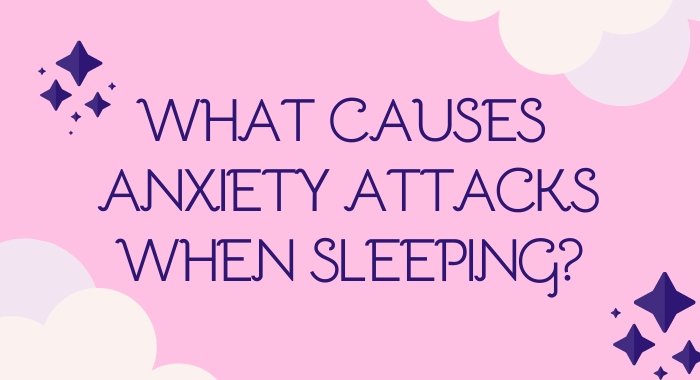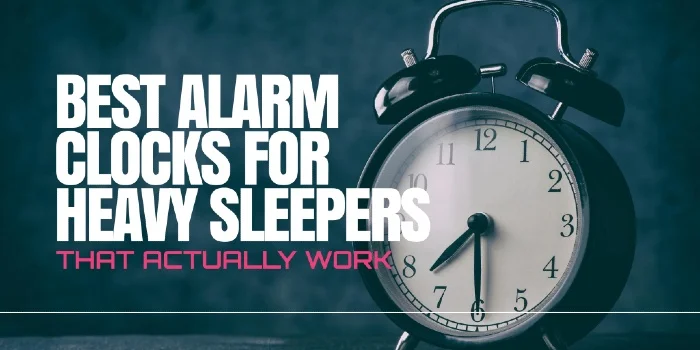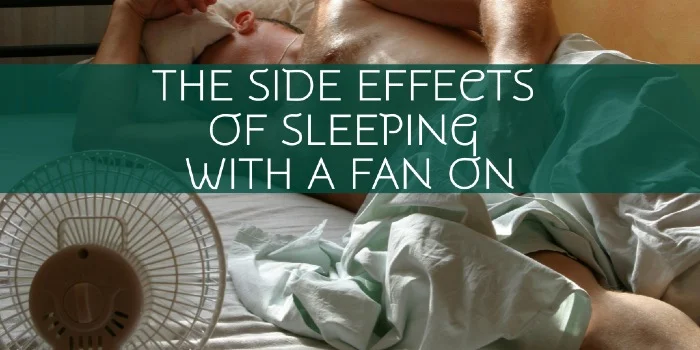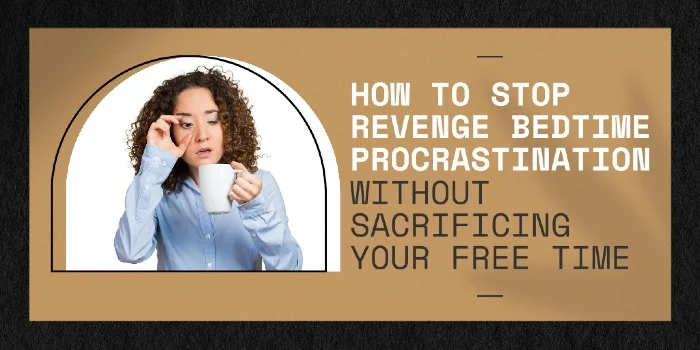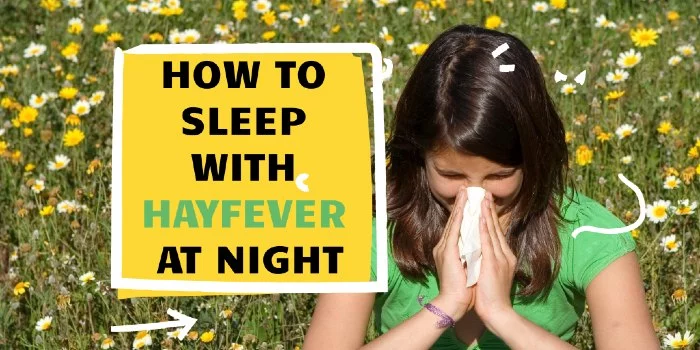Anxiety attacks are horrible. They restrict your breathing. They take away your ability to think, giving you nothing but the feeling of doom.
Having a panic attack feels like having a heart attack. That’s how severe they can be.
Having one during the day is bad enough, but waking up with one in the middle of the night can be even scarier because you don’t know what is causing it. Also called nocturnal panic attacks, these can happen in a number of ways, including mini panic attacks when falling asleep or waking up with an anxiety attack. Either way, it’s no fun.
Find out what causes anxiety attacks when sleeping and what you can do to help cope with them here.
What causes anxiety attacks when sleeping?
The exact cause of anxiety attacks when you’re asleep is unknown.
However, there are a couple of factors that have been linked to the condition. For example, if you suffer from an anxiety disorder, you are more likely to suffer from nocturnal panic attacks.
Nocturnal panic attacks may also be linked to:
- Genetics, particularly if a close relative also suffers from panic attacks;
- Alcohol, drugs or medication withdrawal;
- Certain medications that you might be on, or changes in dosage;
- Certain substances such as caffeine or cannabis;
- Chronic physical illnesses such as cancer.
Stress is also another big trigger for causing anxiety attacks when sleeping.

This is because the brain doesn’t ‘switch off’ during sleep. During the REM stage of sleep, your brain is flooded with images, thoughts and sounds as it tries to process your emotions and memories of the day.
If you’re struggling with something in your life, or if you’ve been through big changes like a breakup, job change or house move, nocturnal panic attacks could be caused by your brain trying to process these emotions.
In addition, those who are sleep deprived have been shown to trigger anxiety attacks when sleeping. So, the less you sleep, the more likely you are to have nocturnal panic attacks, which stops you from getting the sleep you need. What a vicious and horrible cycle that is.
Are nocturnal panic attacks common?
Yes, nocturnal panic attacks can be common for people suffering from certain conditions.
In fact, 50-70% of people who suffer from panic disorder have at least one panic attack at night.
Sleep anxiety symptoms to look out for
Nocturnal panic attack symptoms are very similar to regular daytime panic attacks. The only real difference is that one happens while you’re asleep.
If you want to know what causes anxiety attacks when sleeping, these are the sleep anxiety symptoms you need to look out for are:
- Sweating;
- Rapid heart rate;
- Trembling/shaking;
- Shortness of breath and/or chest tightness;
- Hyperventilation or heavy breathing;
- Hot flushes or chills;
- Feeling out of control and disconnected or your surroundings;
- Feeling faint, dizzy or light-headed;
- Chest pains;
- Feeling as though you’re choking;
- Nausea;
- Numbness and tingling, particularly in fingers, toes or lips.
Pretty terrifying right?

What you need to remember is that even though panic attacks are frightening – they are not dangerous. Panic attacks won’t harm you. You just need to learn how to get through them.
Are nocturnal panic attacks different from night terrors?
Yes, nocturnal panic attacks and night terrors are different from each other.
Nocturnal panic attacks are when you have a panic attack while sleeping. Night terrors are showing signs of being terrified, such as screaming or shouting while still asleep. But you will have no memory of this happening.
Night terrors are noticed when other people, usually parents, notice any of the following symptoms:
- Screaming/shouting in your sleep;
- Sitting up in bed and appearing frightened;
- Sweating, breathing heavily, and have a racing pulse, flushed face and dilated pupils;
- Kicking and thrashing in sleep;
- Be hard to awaken, confused if awakened.
Night terrors are common in children aged between 3 and 8 years old. It’s estimated that 1-6% of children suffer from the condition.
How to cope with nocturnal panic attacks
First things first. If you’re having a panic attack, try to remember that this isn’t dangerous.
It’s frightening, yes. But it won’t hurt you.
So let’s talk about the steps you need to do to help cope with them.
1. Accept the panic

Don’t try to fight your panic attack. It doesn’t work and will just make your symptoms worse.
Instead, you need to accept what’s happened and work with it. If it helps, give yourself time to just breathe and notice what’s happening to you. Don’t fight it, just acknowledge what’s going on and wait for it to blow over.
2. Try to relax
Once the worst is over, you need to calm your nerves.
There’s no one-fits-all solution here, it’s just about finding something that can help you. For some people, this might be doing some deep breathing, getting up to have a glass of water or writing down what happened.
For some people, grounding techniques might be what you need. These are methods that include both cognitive and sensory awareness, such as touching an object, or saying out loud the things you can see, hear or smell. These techniques are designed to bring you back to the present moment and stop you getting lost in your thoughts.
This step is about finding something to calm the nerves back down until you feel normal again.
3. Get up and out of bed
If you’ve just had a nocturnal panic attack, it’s unlikely that you’re going to be ready to drift off to sleep instantly.
And the worst thing you can do when you can’t sleep is to just lay there. So, get yourself out of bed and start doing something.
Just be careful that you don’t do anything over-stimulating. You want to distract your mind, not wake yourself up fully. This means avoiding screens (no TV!), blasting music or hitting the gym.
You want to aim for lighter activities, like reading, gentle yoga stretches, or even a low-thought chore like ironing.
4. Go back to bed when you’re ready

When you feel tired and ready, go back to bed.
But don’t force sleep. Relax, enjoy the feeling or try some of these quick sleep methods to get you back to sleep.
Can weighted blankets help with anxiety attacks?
Yes, weighted blankets (also known as anxiety blankets) can help ease anxiety attacks when sleeping.
As we’ve covered before in our guide to weighted blankets:
“Research has shown that deep pressure stimulation, which is created by weighted blankets, reduces autonomic arousal, or the ‘fight or flight’ responses. This is one of your body’s alarm systems, which creates common anxiety symptoms such as an increased heart rate or palpitations, hyperventilation, and nausea.”
By helping with general symptoms of anxiety, weighted blankets can help ease and prevent nocturnal panic attacks from happening. Thinking of investing in a weighted blanket? Discover our top rated blankets on the market right now.
Which weighted blanket is right for you?
Answer 4 simple questions below to get a personal recommendation on which weighted blanket brand is most likely to suit you:
Top tips to prevent anxiety attacks when sleeping
While it’s impossible to ensure that you never have a panic attack again, here are some tips you can follow to prevent them from happening and having a better night’s sleep.
1. Give yourself enough time to sleep
As mentioned earlier, sleep deprivation increases the likelihood of nocturnal panic attacks.
If you’re worried about nocturnal panic attacks, you might be putting off going to bed. But this won’t help – and will do more harm than good.
So, don’t stay up later than normal. Get in bed and give yourself plenty of time to get your recommended hours of sleep.
2. Get ready for the next day
If you’ve got external worries on your mind, like a busy day ahead of you, it can be helpful to get ready for the day before you go to sleep.
Sit down and make a to-do list for the next day. Prepare the clothes you’re going to wear or even premake some breakfast or lunch for yourself to save time in the morning.
The point of this is to make you more prepared for the day – not more worried. If doing these activities makes the stress worse, you might want to do something else to clear your mind.
3. Wind down before bed
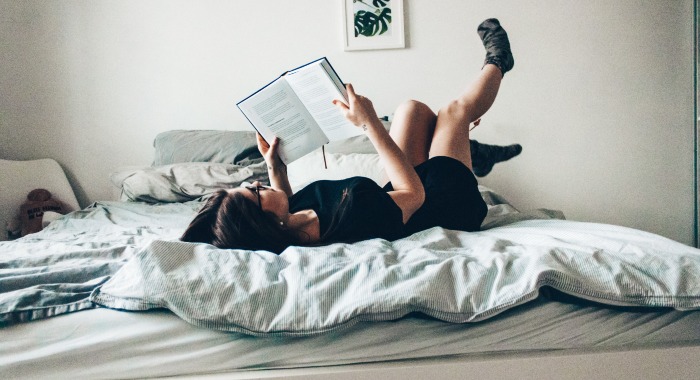
Having a good sleep routine is a great habit to get into.
But if you don’t do anything else, you might want to consider creating a ‘wind-down’ routine before you go to bed. This is where you spend some time each night trying to relax and take your mind off the day’s worries.
It could include things like meditation, having a warm bath or reading a chapter or two of a book.
4. Limit caffeine, alcohol & screens
Increasing your sleep will help decrease the risk of nocturnal panic attacks. Which means you need to avoid anything that will keep you up at night.
This includes:
- Caffeinated drink, as caffeine blocks a chemical called adenosine, which is responsible for making you feel tired.
- Alcohol, as it limits melatonin production, which is the hormone that helps you sleep.
- Screens, including phones and TV. this is because they produce blue light, which also limits the amount of melatonin that your body produces.
Having a good wind-down routine at the end of the day will also help reduce your exposure to these items and help you sleep more soundlessly.
Do I need to see a doctor if I’m having anxiety attacks when sleeping?
This depends on how often your nocturnal anxiety attacks are happening.
If they’ve increased in frequency or are disturbing your usual amount of sleep, it’s a good idea to see your doctor to see if there’s any underlying causes or conditions that might be causing them.
If you suffer from anxiety, it may also be worth speaking to your doctor about your treatment to help reduce nocturnal panic attacks.
Depending on the causes, your doctor might prescribe certain anti-anxiety medication or even cognitive behavioural therapy (CBT). This is a type of psychotherapy that is designed to help change your thought patterns and behaviours and is often recommended for people suffering from anxiety or depression.
Nocturnal panic attacks: a summary
It’s unknown what causes anxiety attacks when sleeping, but it has been linked to things like general anxiety disorders, sleep deprivation, stress and more.
If you’re suffering from nocturnal panic attacks, it’s important to remember that they aren’t dangerous. They can’t hurt you and you need to let them pass and wait out the storm. Once you’re feeling calmer, get yourself out of bed and distract yourself before going back to sleep.
To help reduce the chances of having a nocturnal panic attack, you can invest in weighted blankets, or follow our top tips for a better night’s sleep.
